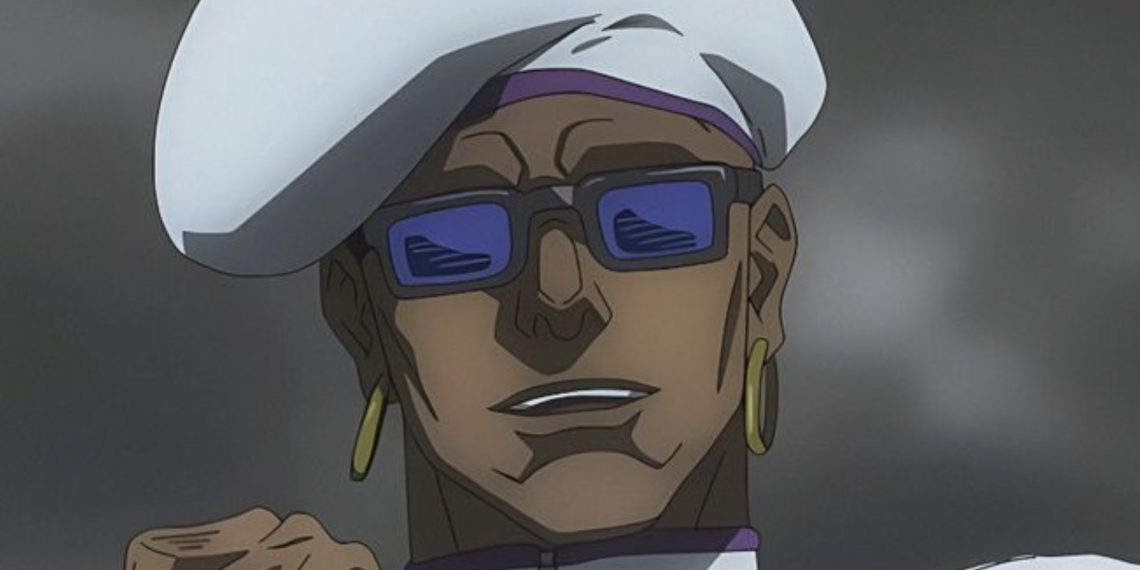The anticipation for Jujutsu Kaisen chapter 255 reaches new heights with the revelation of its leaked spoilers, hinting at significant developments and social commentary within the narrative.
At the heart of the upcoming chapter lies Miguel, poised to take center stage amidst the escalating conflict between Ryomen Sukuna and the amazing figure. As the tension mounts and battle lines are drawn, readers are primed for a riveting confrontation that promises to leave a lasting impact on the storyline.
However, what sets this chapter apart is the unexpected intervention of manga creator Gege Akutami, who utilizes a flashback exchange between Miguel and Satoru Gojo to address pertinent issues of racism within the anime industry.
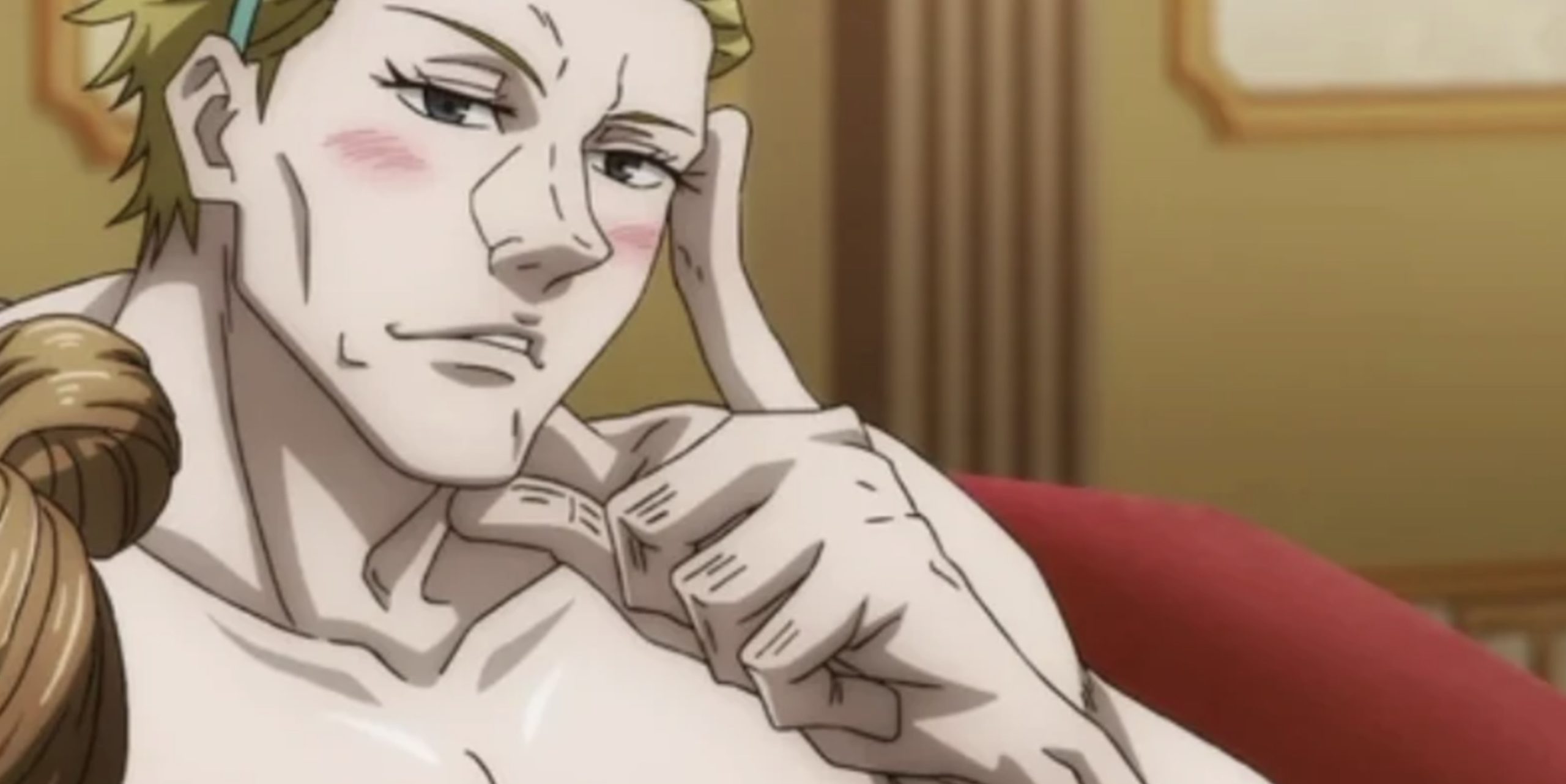
Through this narrative device, Akutami sheds light on the complexities and challenges faced by creators and characters alike, transcending the confines of fiction to confront real-world societal issues.
As the manga goes deeper into its storyline, exploring the intricacies of power dynamics and personal struggles, the inclusion of such social commentary adds layers of depth and relevance to the overarching narrative.
With each chapter, Jujutsu Kaisen continues to amaze readers not only with its gripping plot and dynamic characters but also with its thought-provoking exploration of broader themes and social issues.
Confronting Stereotypes: Jujutsu Kaisen Chapter 255 Explores Themes of Discrimination and Representation
The leaked spoilers for Jujutsu Kaisen chapter 255 reveal a thought-provoking exchange between Satoru Gojo and Miguel, shedding light on themes of discrimination and racial stereotypes within the narrative.
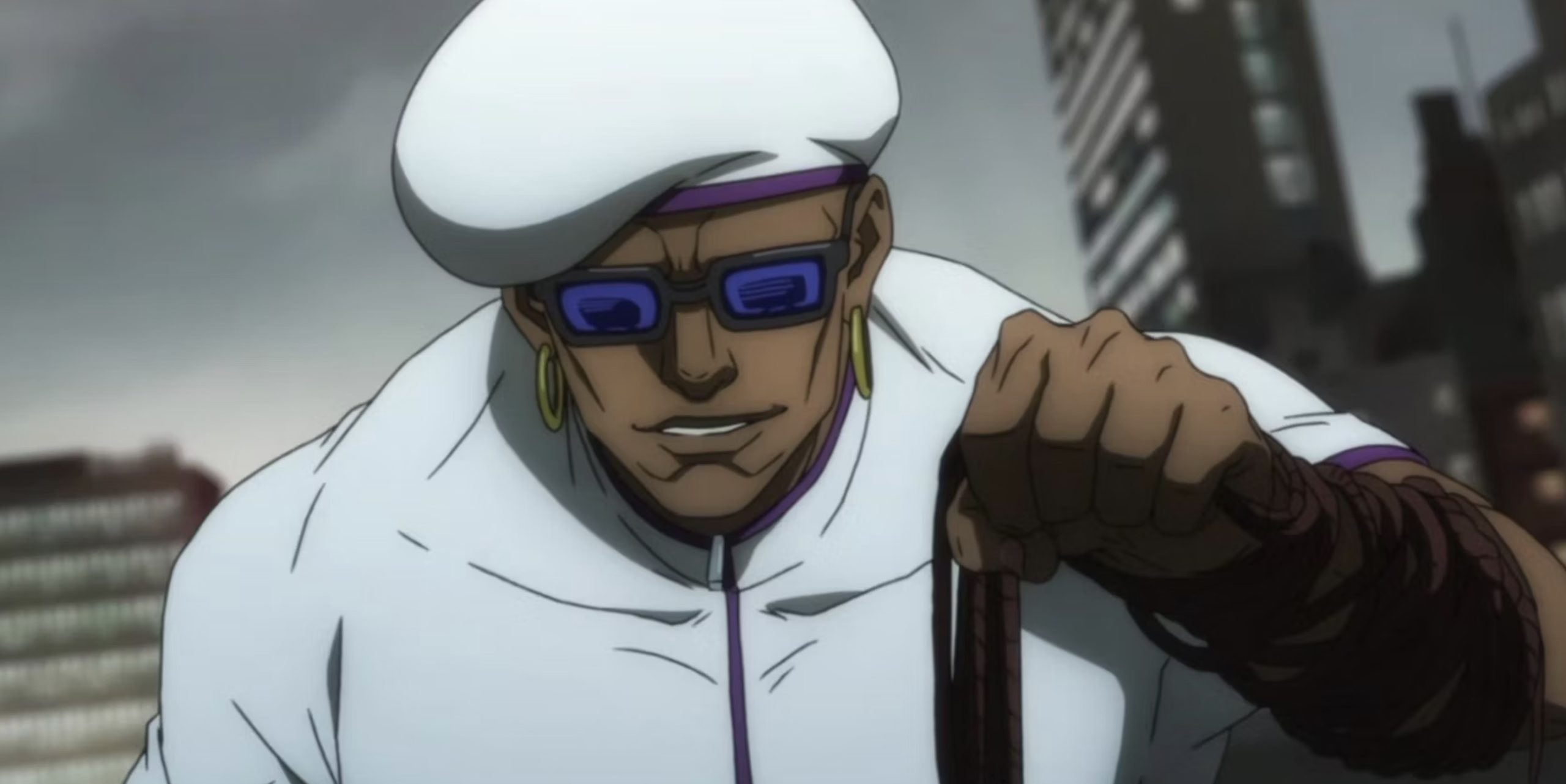
In this flashback scene, Gojo acknowledges Miguel’s formidable physical prowess, acknowledging it as truly remarkable. However, his attribution of Miguel’s abilities to his racial background sparks immediate contention.
Miguel, rightly indignant, rebuffs Gojo’s assertion, denouncing it as racist and discriminatory. He asserts that his abilities are not defined by his race, challenging the assumption that his physical prowess is inherently tied to his identity as a black individual.
This confrontation highlights the insidious nature of racial stereotypes and the importance of confronting and challenging them. Miguel’s refusal to accept such reductive categorizations underscores the need for individuals to be recognized and valued beyond superficial characteristics such as race.
Gojo’s swift apology upon realizing his mistake serves as a crucial moment of acknowledgment and growth, demonstrating a willingness to confront and rectify instances of prejudice.
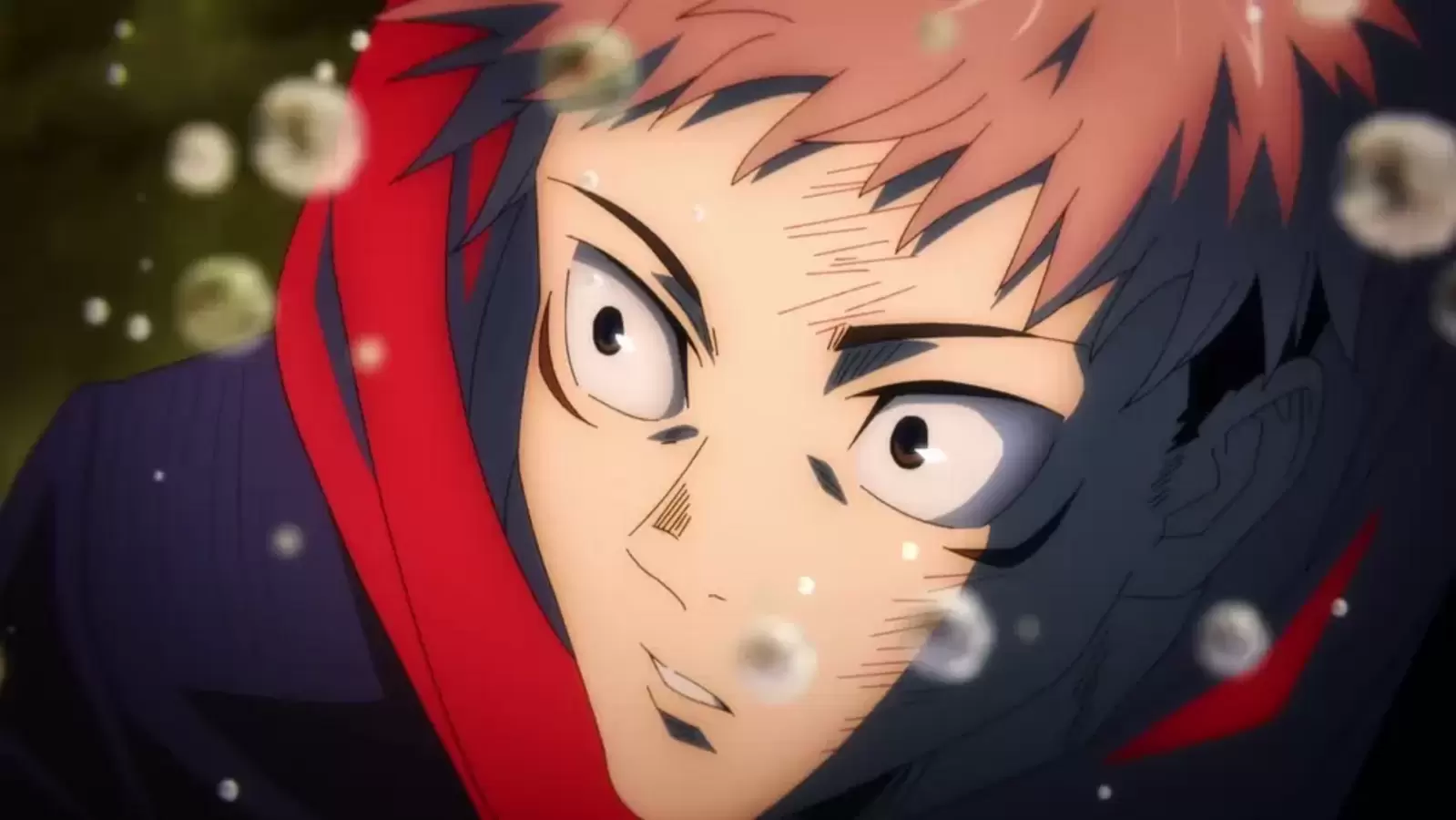
As Jujutsu Kaisen goes into these complex issues, it continues to offer a nuanced exploration of societal dynamics and the impact of discrimination within its fictional world.
Through its characters and narrative arcs, the series encourages readers to critically examine and challenge harmful stereotypes, fostering greater understanding and empathy in the process.
The observation regarding the portrayal of physically strong black characters in anime and manga, and the potential implications of stereotypes therein, raises important questions about representation and cultural sensitivity within the industry.
Characters like Sado Yasutora, Kaname Tōsen, A, Killer B, Yasuke, Afro Samurai, and Ogun Montgomery exemplify a trend where black characters are often depicted as physically formidable individuals.
While these characters may possess unique abilities or combat skills, the association of physical strength with their racial identity can perpetuate stereotypes and reinforce harmful misconceptions.
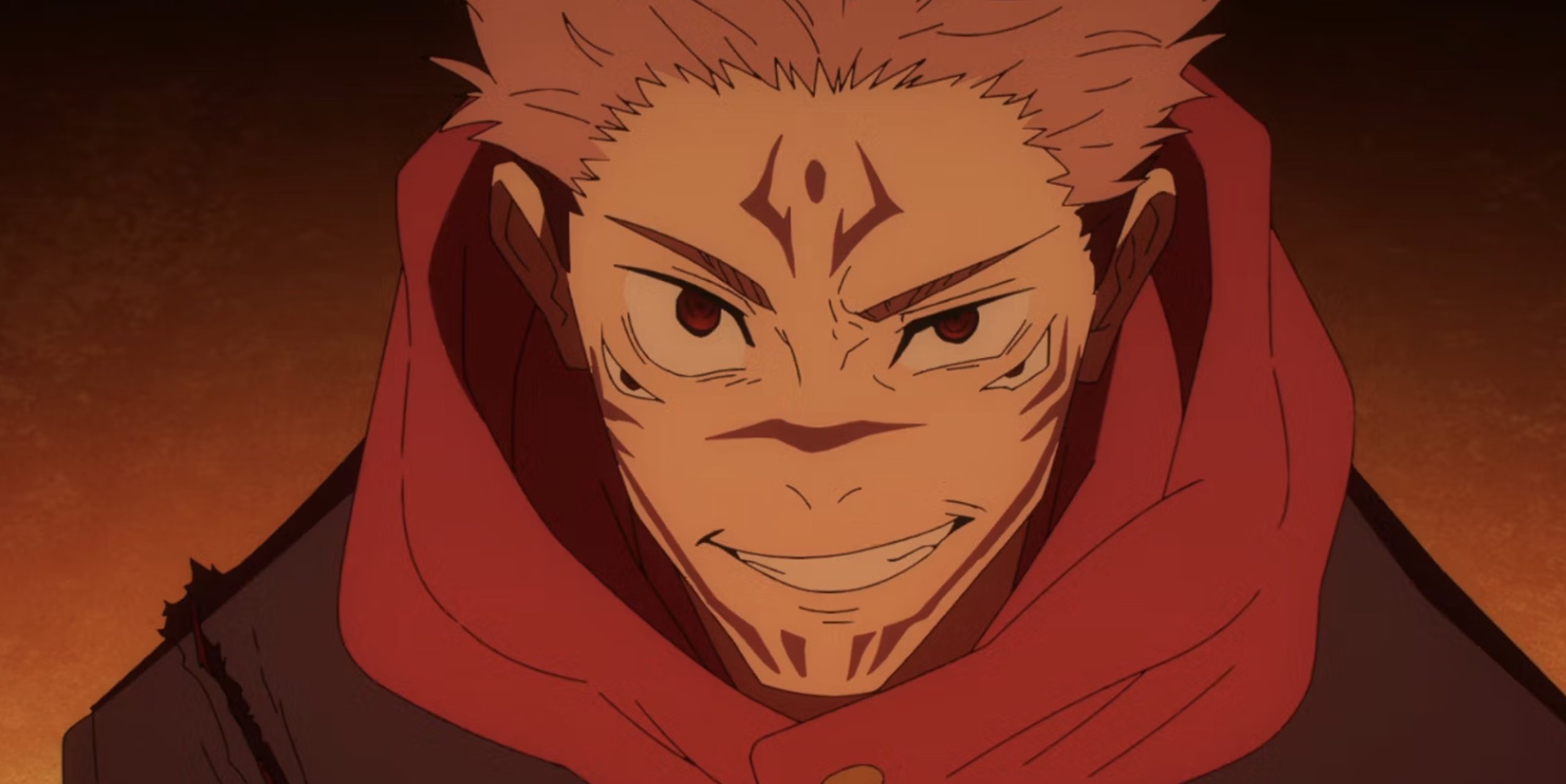
Yasuke and Afro Samurai, in particular, stand out as examples where their strength is emphasized without clear context or explanation, potentially contributing to a one-dimensional portrayal of black characters in anime.
The characterization of Ogun Montgomery in Fire Force, with his ability tied to tattoos and physical strength, highlights the risk of relying on simplistic or superficial attributes to define a character’s identity.
Gege Akutami’s decision to address racial commentary through Miguel’s confrontation with Gojo in Jujutsu Kaisen chapter 255 underscores the importance of challenging stereotypes and promoting nuanced representations in storytelling.
By acknowledging and critiquing instances of racism within the narrative, Akutami encourages reflection and dialogue on broader issues of diversity and inclusion within the anime and manga industry.

